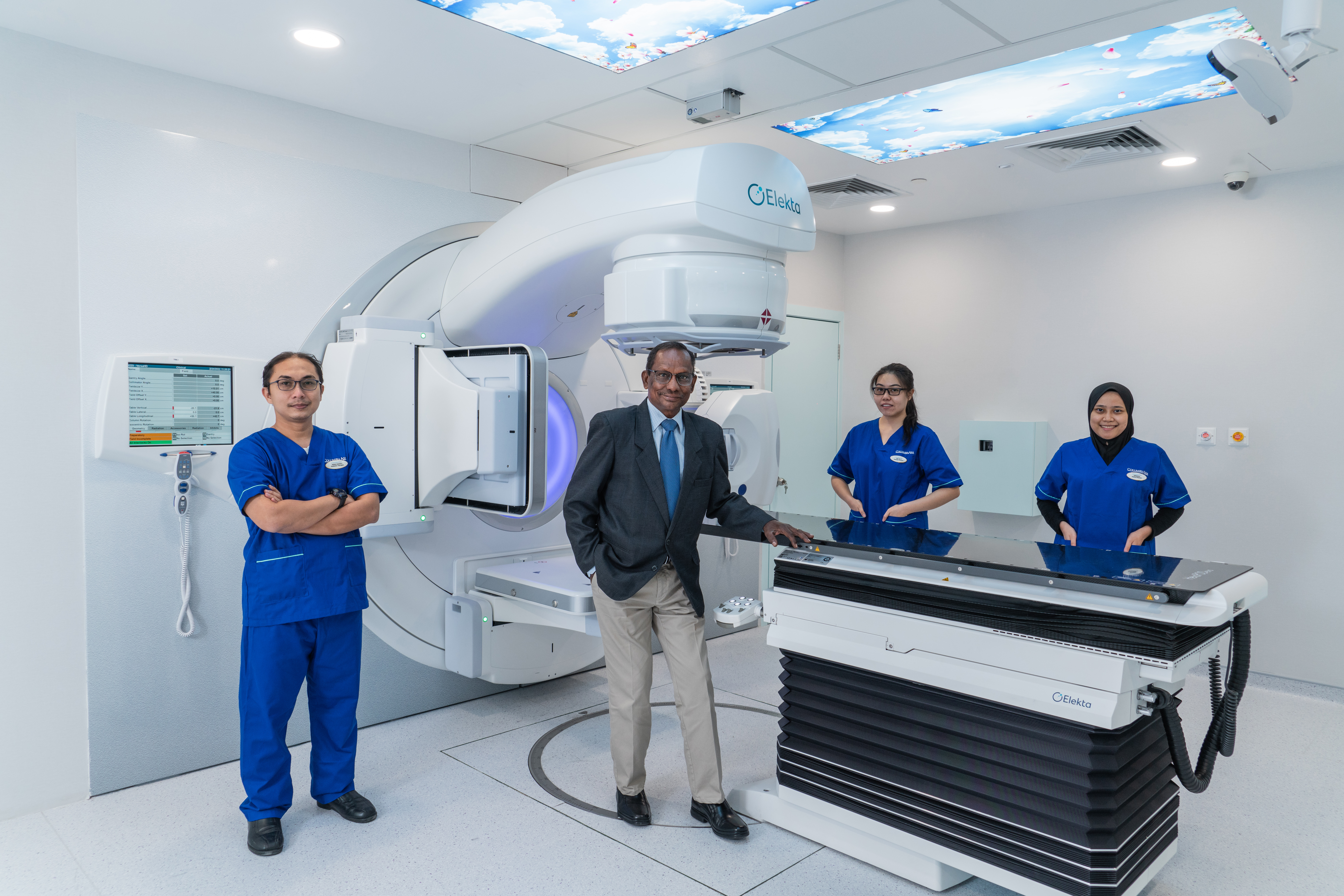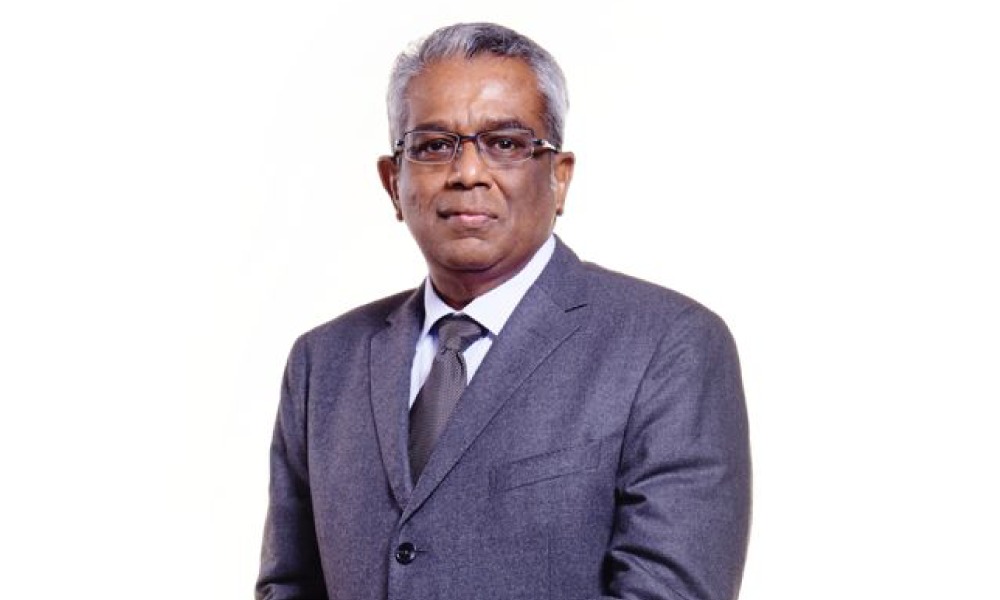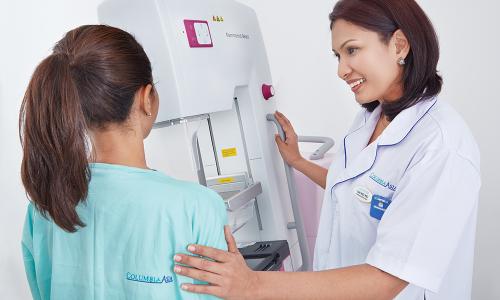The Big Picture about Cancer Care
Cancer care has come a long way from the days when treatment of cancer was reflected as a painful experience with multiple side effects. The journey has become more holistic with multiple-trained experts forming a team to support cancer patients throughout their journey.
First in the group
As reported by World Health Organization, cancer is the second leading cause of death in Malaysia since 2018. Marking the first foray in oncology within the Columbia Asia group of hospitals is the newly opened Columbia Asia cancer center at Columbia Asia Hospital – Bukit Rimau (CAH-BR), Selangor. It addresses and supports the increasing number of cancer patients, namely in Shah Alam, Klang, Subang Jaya, Banting and the wide radius surrounding these locations.

With CAH-BR taking the lead in Columbia Asia’s cancer care services, specialization is multi-faceted, namely clinical oncology, medical oncology, hematology oncology, and interventional radiology.
Through it all, the patient must be supported physically, spiritually, and emotionally, because optimism is an important aspect of cancer treatment. This is what integrative care means. Other than screenings and diagnostics, there are also pain management, post-treatment care, dietary counselling, physiotherapy, palliative care with a pain management unit, and home care for terminal and immobile patients.
Steps towards better outcomes
The many approaches allow treatments to become more compassionate and efficient. For example, in the case of patients having undergone a mastectomy or lymph node dissection, some will avoid movement because of the post-surgical pain. “They are unable to lift their shoulders which makes radiotherapy very uncomfortable. So they need physiotherapy in order to rehabilitate their joints,” shares CAH-BR Consultant Medical Oncologist, Dr. Kananathan Ratnavelu.

“Pain management is important. There are patients who refrain from taking pain killers because they fear addiction. This is a notion that needs to be corrected. For this, we have a palliative care physician to look into this aspect.
“As a cluster-based hospital group, there is a network of healthcare services between facilities which can contribute towards collective clinical decisions. We believe cancer is not a solitary journey. Support and guidance can come from many aspects and angles, whether clinical or non-clinical.”
Empower the patient
“Once a diagnosis is made, patients deserve to know their diagnosis, stage of the disease, and options of therapy that are available. They must also be well-informed about the side effects of respective therapies,” says Dr Kanan. “Care givers also need our support as they form an integral part of the team that cares for a cancer patient.”
This is why patient coordinators/navigators, cancer rehabilitation programs and group support are considered integral at the Columbia Asia cancer center.
“We also have what we call a Tumour Board. This is where the team gathers with multiple experts to make decisions and strategize from multiple angles. In cancer, we are at war. We will have many battles to fight. Some we win, some we lose, but if we are hopeful and positive, we empower patients to have a better chance at winning the war.”
Visit Columbia Asia for more info on their integrative cancer care.
RM12.50 / month
- Unlimited access to award-winning journalism
- Comment and share your opinions on all our articles
- Gift interesting stories to your friends
- Tax deductable
